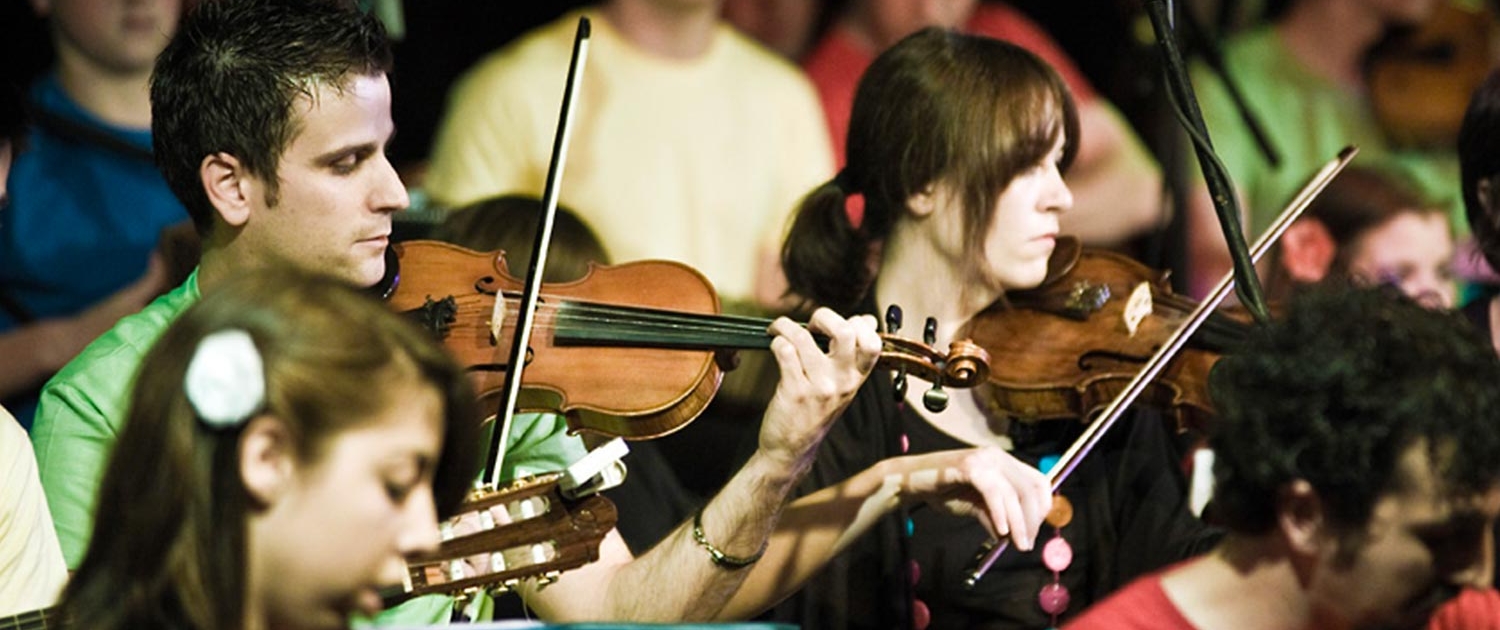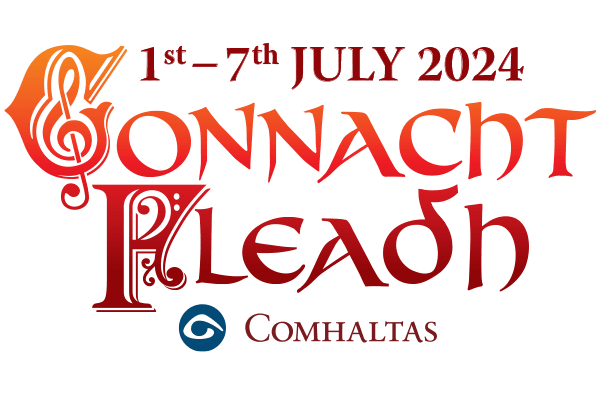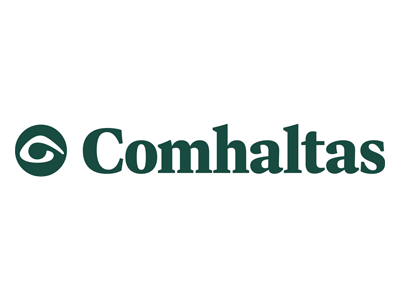In 2023 Comhaltas celebrates the 72nd anniversary of Fleadh Cheoil na hÉireann.
History of Fleadh Cheoil na hÉireann

Fleadh Cheoil na hÉireann makes a welcome return to Mullingar between 6th and 14th 7th August 2023. Back to where it all began – for the All Ireland Fleadh Cheoil, the seminal event in the traditional Irish music calendar. So what is the Fleadh, and how did it come into being? More than that, how did it grow over the years into becoming the international phenomenon it now is, where musicians and aficionados travel from all over the world to participate or just enjoy the music and friendship associated with Fleadh Cheoil na hÉireann.
We outline how the Fleadh came into being, and note some of the most important staging posts in the life of one of Ireland’s most important and culturally influential festivals.
In January 1951, representatives of the Piper’s Club, Dublin, travelled to Mullingar to meet Cáit Bean Uí Muineacháin, Supt. O’Sullivan and Eamonn Ó Muineacháin, with a view to forming a branch of the Piper’s Club in Mullingar. After a lengthy discussion it was decided to form an organisation which would embrace all traditional instrumentalists.
As a result of this, a meeting was convened on the 4th of February 1951 in the Midland Hotel, Mullingar, to arrange for the holding of the first Fleadh in conjunction with Feis Lár na hÉireann, in the town the following May on the Whit Sunday weekend. Present were Leo and Tom Rowsome, Arthur Connick, Paddy Mc Elvanny, Jim Seery, Ned Gorman, Supt. O’Sullivan, Cáit Bean Uí Muineacháin and Eamonn Ó Muineacháin.
The aims of the Fleadh were to restore to its rightful place, the traditional music of Ireland and to arrest the decadent trend evident then in Irish life. It was proposed to bring to Mullingar the cream of traditional musicians from the four corners of Ireland.
From the Westmeath Examiner 19th May 1951 – “The first annual Fleadh of Cumann na bPíobairí Uileann was held in St. Mary’s Hall, Mullingar, on Sunday. Mr. Leo Rowsome (President) in the chair. The proceedings began with a Convention, followed by a concert and ceili. On Whit Monday, traditional musicians from all parts of Ireland took part in the traditional music competitions organised by the local Feis Committee.”
It was thus that the first Fleadh Cheoil of Comhaltas Ceoltóirí Éireann took place; and whilst the actual title of Comhaltas did not emerge for some months afterwards, the founder members would agree that the idea for a great national Fleadh or Festival of Irish music, to be organised on a national scale by the musicians themselves, had been thrown around and discussed for some time before those first meetings.
The need for such a festival and such an organisation had for long been sorely felt. Although there were thousands of traditional musicians in the country, their morale was generally low, for their music was entirely unappreciated in social, intellectual and ‘trendy’ circles. The ordinary people of the countryside loved the music – it being their own music – but the tendency in supposedly sophisticated circles was to deride and scoff at the traditional music of Ireland as being of no real beauty or value. Traditional musicians who entered competitions for ‘Irish music’ were frequently advised to change their approach, discard their traditional intonation and techniques and ‘learn to play properly’.
On October 14th 1951 at Aras Ceannt, Thomas Street, Dublin, the first standing committee of Cumann Ceoltóirí na hÉireann was elected as follows: President, Most Rev. Dr. Kyne, Lord Bishop of Meath; Chairman, Cáit Bean Uí Muineacháin; Vice Chairman, Wille Reynolds, Walderstown; Secretary, Arthur Connick, Dublin; Assistant Secretary, Tom Rowsome, Dublin; Treasurer, Jim Seery, Dublin; Committee, Leo Rowsome, Dublin; P.J. Scott- Monsell, Dublin; Paddy Mc Elvanny, Monaghan; Rev. Brother Redmond, Mullingar; P. Kelly, Donegal; Michael Mac Carthaigh, Tipperary; W. Hope, Belfast; Eamonn Murray, Monaghan; Jack Naughton and Eamonn Ó Muineacháin. At a meeting in St. Mary’s Hall, Mullingar, on January 6th 1952, on the suggestion of P. A’Cnuic, E. Ó Muineacháin and E. Murray it was decided to change the title of the organisation from Cumann Ceoltóirí na hÉireann to Comhaltas Ceoltóirí Éireann.
The first Fleadhanna then gave traditional musicians a platform where they could play to a really appreciative audience and where traditional style was the criterion. The sun always seemed to shine at those early Fleadhanna too, as men and women took down fiddles and flutes that had lain idle for years and hit the road for Cavan and Loughrea with lightness in their step and a tune in their hearts.
The first Fleadh Cheoil na hÉireann attracted only a few hundred hardened patrons – a small but enthusiastic crowd. Within five years, however, this annual gathering had grown to a great National Festival attended by thousands of traditional musicians, singers and dancers from all parts of Ireland and from overseas.
Ennis in 1956 saw a turn – out that was truly national, as sessions overflowed from the halls and pubs to block the narrow streets, whilst set dancers from Kilmaley and Quilty ‘battered’ the night away. Fleadh Cheoil na hÉireann had come to stay. The Fleadh developed as a mainly competitive event, but with many side concerts, ceilithe, parades, pagents, street session, etc. Right through the sixties and seventies the Fleadh continued to grow and the number of would-be competitors grew so large that qualifying stages had to be arranged at county and provincial levels so that a reasonably manageable number could take part in the All Ireland finals at Fleadh Cheoil na hÉireann.
In recent years the numbers attending Fleadh Cheoil na hÉireann have grown significantly with in excess of 250,000 attending the Fleadhanna in Cavan and 400,000 in Derry. The Fleadhanna Cheoil hosted in Sligo in 2014 and 2015 were among the most successful ever. And last year, Sligo hosted Fleadhfest, a virtual Fleadh which was streamed online to thousands of viewers around the world. But as good as that experience was, nothing beats the real thing and we look forward to the return of the Fleadh Cheoil to Mullingar this year.
Today Comhaltas is established on four continents with in excess of 400 branches worldwide. Branches organise classes, concerts, ceilithe, sessions and festivals at local level.






